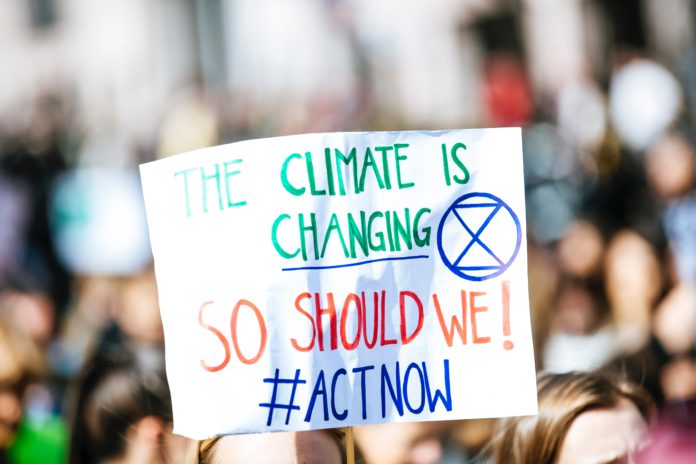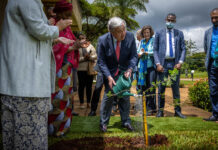By Mary Mwendwa
Nairobi, Kenya: Representatives from developing countries have put demands on negotiations ahead of this year’s 26th UN Climate Change Conference of the Parties (COP26) climate summit taking place in Glasgow in November this year.
The new position paper lays out a five-point plan for concluding a successful COP26 summit and highlights the key issues which need to be delivered in order to tackle the climate crisis.
It comes in response to a failure to make the needed progress on tackling the climate crisis from last month’s G7 and the G20 finance ministers’ meeting which concluded on Sunday.
The COP26 talks will address key issues regarding the Paris Agreement such as the promised financial support from rich, polluting nations to poorer, vulnerable countries, as well emissions reductions and new net-zero targets.
Many developing countries are keen to cut their own emissions, despite being responsible for only a tiny amount of the climate heating fossil fuel burning which historically made the developed world rich but created the climate crisis the world faces today.
However, they need funding to help them transition to renewables and adapt to the changes which are afflicting their people.
The five points laid out in the paper are:
Cutting emissions: Despite welcoming recent progress, the sum total of climate policies in place across the world will not keep global warming within the limits that governments agreed in Paris. An acceleration of net-zero targets is urgently needed, led by those with the biggest responsibility and capacity.
Finance: The promises made by developed countries in Copenhagen in 2009 and again in the Paris Agreement are unequivocal, and must be delivered. At least $100bn per year was promised by 2020 with increased annual sums from 2025. However, this target has been missed and needs fixing urgently if developing countries can trust richer nations at COP26 to keep to what they negotiate.
Adaptation: With climate impacts increasing, a specific goal of at least 50% of climate finance needs to be committed to helping the most vulnerable adapt, with regular reviews.
Loss and Damage: The consequences of the developed world’s historical failure to cut their emissions adequately are already resulting in permanent losses and damage for the most vulnerable. Responsibilities have to be acknowledged and promised measures delivered
Implementation: After several summits of stalling, governments must by COP26 finalize measures on transparency, carbon trading and set a 5-year common timeframe for delivering new national plans (NDCs).
With the G7 summit in June failing to make concrete progress on climate finance or even agreeing on a timetable for the phase-out of coal there remains a huge amount of work to be done before COP26 begins in November.
The need for much greater progress has only been highlighted further by the extreme weather which continues to cause death and destruction around the globe.
Without this 5-point plan, developing country leaders warn that the outcome of the Glasgow summit will be worthless and end in failure. The plan has been developed and endorsed by Government leaders representing countries and UN negotiating blocs which make up more than half the nations of the world.
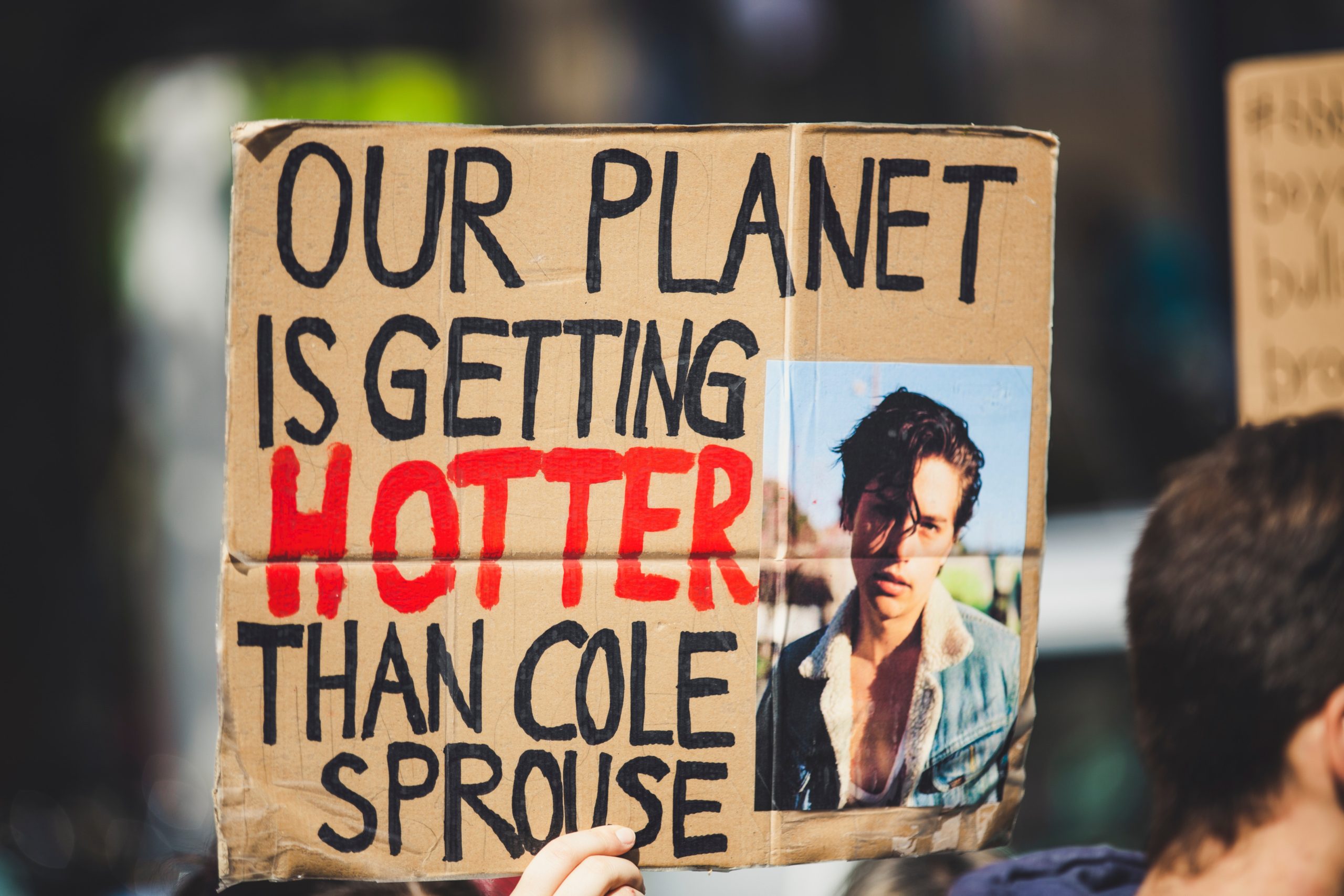
H.E William S. Ruto, Deputy President Kenya said, “Kenya’s farmers and pastoralists continue to count increasing losses from the adverse impacts of global warming. The UN Climate Change Summit in Glasgow, COP26, should deliver on the protection of the planet and its people from the ravages of climate change. The summit should address the needs of the vulnerable and poor people of the world whose struggle every day is made ever so difficult by worsening climate change impacts. The Solidarity Package seeks to address these issues.”
Similarly, Prof Fekadu Beyene, Minister for the Environment, Forest, and Climate Change Commission of the Federal Democratic Republic of Ethiopia views that, “A lack of keeping promises on these key areas of finance, adaptation, and loss & damage is unacceptable. “What’s the point of agreeing on a new set of promises if we don’t keep them? This document lays out a path to delivering a successful COP26 that responds to the urgency of the climate crisis and restores faith to the negotiations.”
“Jamaica, whose contribution to climate change is ridiculously insignificant already submitted a very ambitious NDC, which almost doubles its clean and renewable energy target. We do not expect less effort from major emitters. There is no more time for lips service, this is the time for action. Keeping 1.5 degrees alive & within reach is at stake. The survival of millions of people from the most vulnerable communities is in our hands. With political will, we can get both the ambition and solidarity we need. Time is ticking. let’s act.” noted Pearnel Charles Jr, Minister of Housing, Urban Renewal, Environment, and Climate Change, Jamaica.
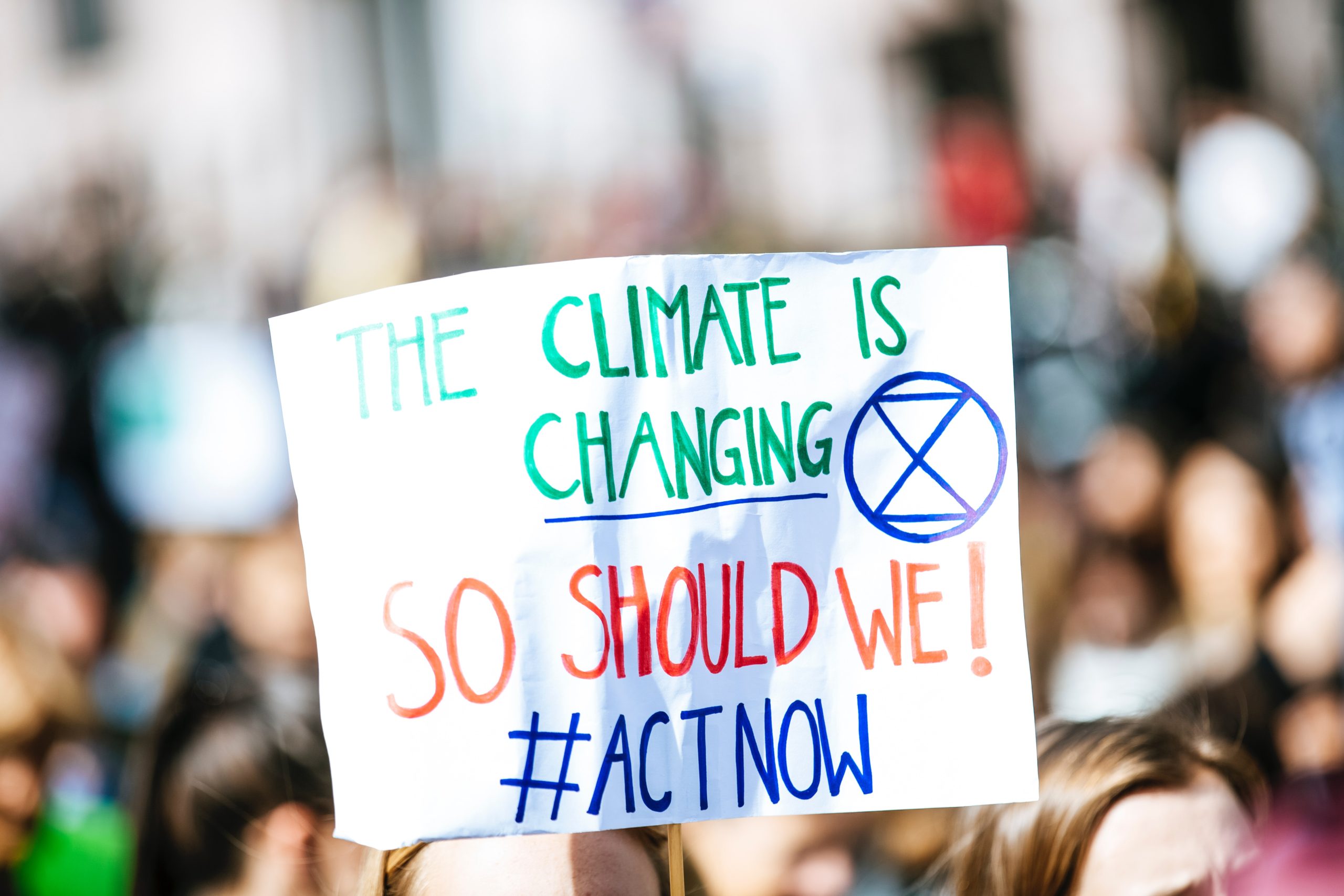
Tanguy Gahouma-Bekale of Gabon, the Chair of the Africa Group of Negotiators (AGN) stated how important the summit was for developing nations, “This is the most important summit since the Paris Agreement was signed. Not only because it marks the formal implementation of the obligation of the Paris Agreement but also because it comes as countries are rebuilding from the Covid pandemic. This is a rare chance to build back better and put the world on course for a safe climate.
“Developed countries are currently not pulling their weight or keeping their promises on their obligations to provide climate finance. Like any negotiation, you need to have faith that pledges and commitment will be met. In 2009 and 2015, they promised to deliver climate finance by 2020. Yet, this is still to be met, and we don’t have a clear plan to achieve it. ”
Sonam P Wangdi of Bhutan, Chair of the Least Developed Countries Group at COP26 said that despite Covid understandably taking the headlines, climate change has been getting worse over the past year as emissions continue to rise and the lives and livelihoods on the front line suffer.
“We vulnerable countries are not asking for much. Just that richer countries, who have caused this problem, take responsibility by cutting their emissions and keeping their promise to help those their emissions have harmed. The world is waking up to the reality of climate change and we need to see nations responding to show they are acting on it.”
“COP26 needs to be a summit where we see action, not words. We have enough plans: what we need is for major economies to start delivering on their promises. Our economies are suffering in the face of increased climate impacts and budgetary strains: either we invest our way out of this mess or we face a brutal decade of loss and damage.”
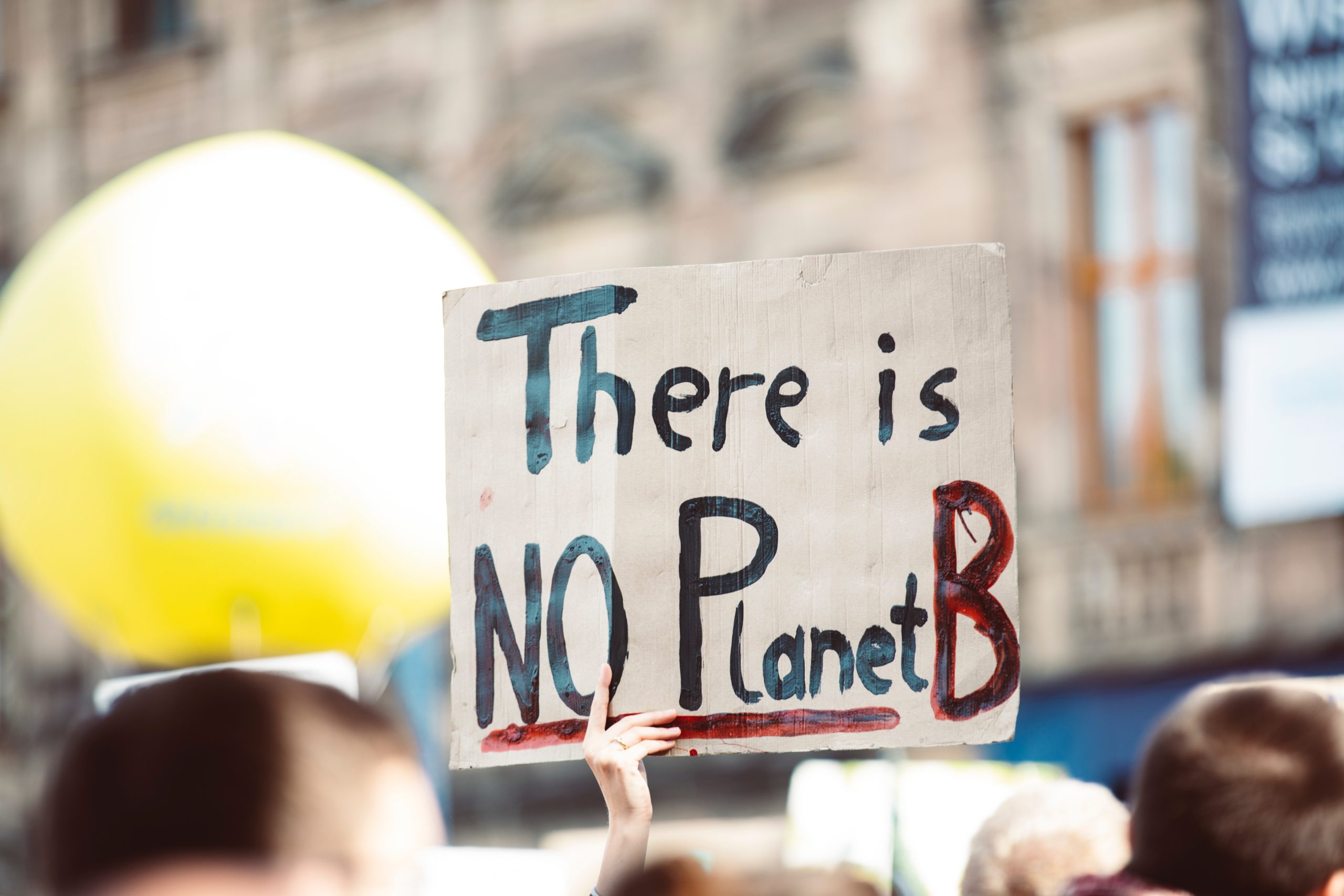
H.E Mahdi M. Gulaid, Deputy Prime Minister of Somalia added that Climate change is the biggest threat to our survival. Highly vulnerable countries like Somalia are already suffering disproportionally from the impacts of climate change. COP 26 must be a key moment of delivery and there can be no more excuses for unfulfilled promises, particularly climate finance. This document sets out key priorities that are pointers of success at Glasgow, an opportunity to deliver solidarity, fairness, and prosperity for all.
The UK will host the 26th UN Climate Change Conference of the Parties COP26 in Glasgow from 31st October – 12th November 2021.

